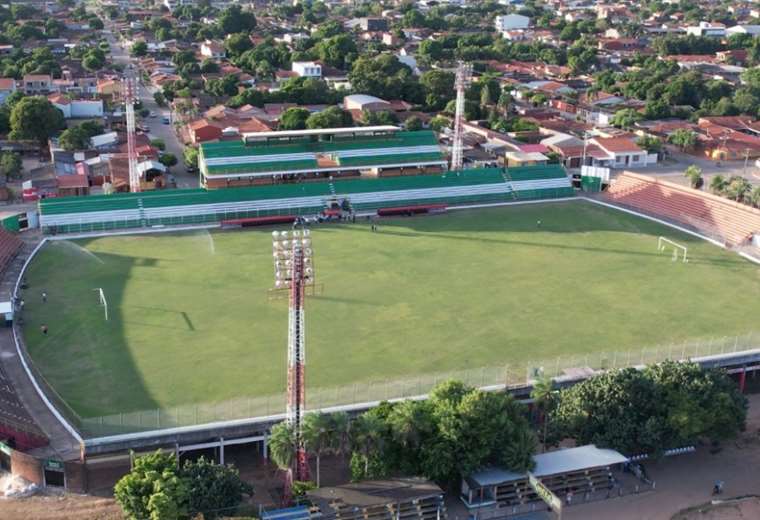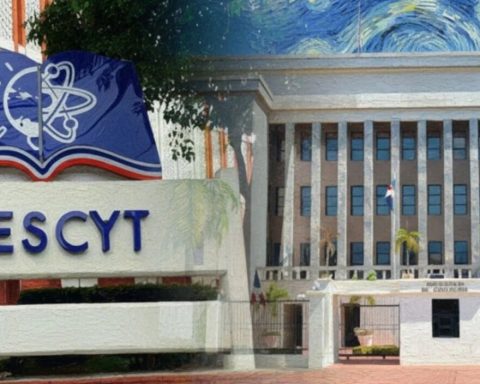The federal government has launched a pilot project in the capital of São Paulo to bring address formalization to favelas and outskirts. Since last Saturday (21), the Ministry of Cities’ Caravan of the Outskirts has been visiting locations in São Paulo that will serve as pilot projects for the CEP for All initiative. 
The Postal Address Code, or CEP, allows citizens access to a series of rights, such as registration for public health and education services. The first place to receive the federal government’s action was the Bananal territory, in the Jardim Ângela neighborhood, in the south of São Paulo.
The project is being carried out by the National Secretariat for the Periphery (SNP) of the Ministry of Cities, in partnership with the Post Office. “The address, more than a geographical reference, is a key to social inclusion, which allows people to register for public services, in addition to being crucial in emergency situations,” highlighted the SNP secretary, Guilherme Simões.
According to the Ministry of Cities, the lack of a CEP in peripheral neighborhoods makes it difficult to collect data in surveys such as the Demographic Census carried out by the Brazilian Institute of Geography and Statistics (IBGE), which impacts the allocation of public policies and investments to favelas and informal settlements.
“An address is a basic condition of citizenship; it is necessary to register in a website or store, or to enroll a child in school, for example. Without an address, society does not recognize us as citizens, nor does it offer us access to a multitude of services”, highlighted the president of Correios, Fabiano dos Santos.
In the first stage of the project, 72 streets in five territories on the outskirts of São Paulo will be covered by the formalization of the CEP.

















